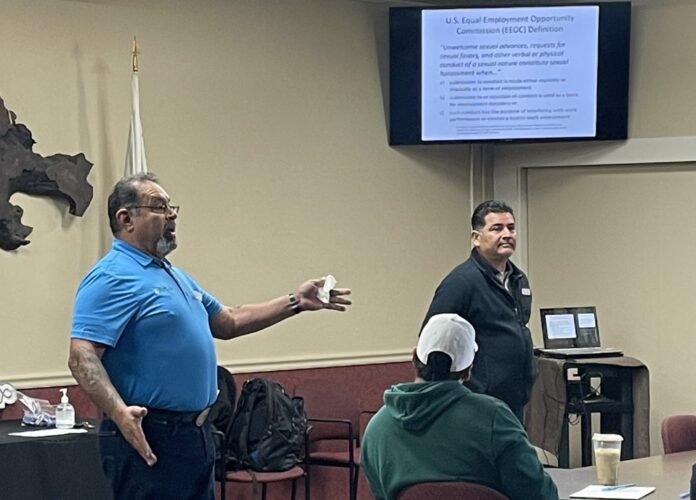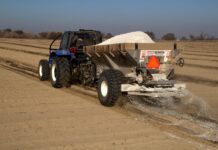
As we enter 2025, the agricultural sector will need to gear up for new employment laws and regulations. It’s a routine occurrence at the start of each year, and this time is no different. These regulations span various aspects of employment within agriculture, from labor standards to adjustments in health and safety protocols. The goal is to break down these complexities, allowing you to navigate these changes easily while staying compliant. You will need to take action to safeguard your operation, so we aim to equip you with the necessary knowledge and tools to adapt to these modifications effectively.
Minimum Wage Increase
Beginning Jan. 1, 2025, California’s minimum wage increased to $16.50 per hour for all employers. Minimum wage increases also trigger a salary increase for exempt employees. Exempt employees are required to earn twice the minimum wage rates, which means these employees will make $33 per hour for a 40-hour work week. This equates to $1,320 per week or $68,640 annually.
Please note several cities and counties have implemented higher minimum wage rates. Sonoma, Petaluma, Santa Rosa and San Diego all have higher rates ranging from $16.96 to $18.02 an hour. It is essential to check these rates with the local municipalities in the areas in which you work to ensure compliance.
Under the law, California’s minimum wages are evaluated annually to adjust for inflation. The minimum wage will never be lowered; however, the most it will increase is by 3.5%. Employers can expect an adjustment to be announced by September 1 (the new rates are effective as of January 1.)
Employers must post the Minimum Wage Order poster and the Wage Order applicable to their workplace at a worksite area accessible to employees. The wage orders can be downloaded and printed from the California Department of Industrial Relations website. Additionally, employers must ensure the wage rate is documented on the employee’s pay stub and that employees are paid at least the minimum wage even when employees are paid at piece rate compensation.
Overtime for Agricultural Workers
Under Assembly Bill 1066, California has gradually reduced the industry’s workday from 10 to 8 hours per day. We have reached the time in which all agricultural employers, regardless of size, are required to implement an 8-hour workday and a 40-hour workweek.
Usage of Paid Sick Leave for Local or State Emergencies
This past fall, Governor Newsom signed SB 110, which will allow agricultural employees who work outside to use their accrued paid sick leave to avoid smoke, heat or flooding conditions created by a local or State emergency.
California Worker Freedom from Employer Intimidation Act
Effective Jan. 1, 2025, SB 399 prohibits employers from requiring employees to attend or listen to discussions about the employer’s political or religious views. This includes topics like elections, political parties, labor organizations, unionization and religious affiliations or practices.
While employers are still permitted to hold such meetings, attendance cannot be mandatory. Employees who choose not to attend cannot be punished nor can their pay be withheld if they opt to work while the meeting occurs.
This law will be enforced by the California Labor Commissioner as well as through private court actions.
Employers found in violation may face civil penalties up to $500 per employee for each infraction. California now joins nine other states in banning captive audience meetings on these issues.
As you begin to prepare for the kickoff of 2025, it is essential to review and update your employee handbook to include these new regulations. Additionally, schedule time with your employees to discuss the changes made and ensure you are available for any questions they may have. If you need assistance with creating a handbook, developing your injury and illness prevention program, or any updates, please do not hesitate to reach out to the AgSafe team via email at safeinfo@agsafe.org.
AgSafe is a 501c3 nonprofit providing training, education, outreach and tools in safety, labor relations, pesticide compliance and human resources for the agricultural community. Since 1991, AgSafe has educated over 100,000 employers, supervisors and workers about these critical issues.















